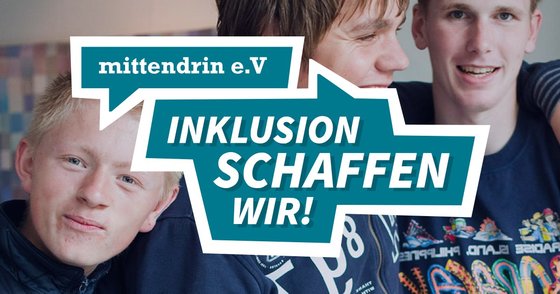Sind die bayerischen Außenklassen inklusiv? Bedeutet Inklusion, dass Eltern für ihre Kinder wählen dürfen, ob die eine allgemeine Schule besuchen oder eine Sonderschule? Sind Sonderschulen sogar durch die UN-Konvention geschützt, als "besondere Maßnahmen" zur Förderung von Menschen mit Behinderung?
Der UN-Fachausschuss für Menschen mit Behinderung legt nach und nach Kommentare vor, wie die einzelnen Artikel der Konvention auszulegen sind. Im September ist der "General Comment Nr. 4" erschienen, der sich mit dem Artikel 24 (inklusive Bildung) beschäftigt. Der Kommentar ist bisher nur auf englisch verfügbar. Wir können aber davon ausgehen, dass dies für die meisten Politiker kein Hindernis ist. Und damit sie auch nicht suchen müssen, hier die entscheidenden Auszüge:
"Inclusive education is to be understood as: a) A fundamental human right of all learners. Notably, education is the right of the individual learner, and not, in the case of children, the right of a parent or caregiver. Parental responsibilities in this regard are subordinate to the rights of the child."
"Article 4.2 requires that States parties undertake measures to the maximum of their available resources regarding economic, social and cultural rights, and, where needed, within a framework of international cooperation, with a view to achieving progressively the full realisation of those rights. Progressive realization means that States parties have a specific and continuing obligation “to move as expeditiously and effectively as possible” towards the full realization of article 24.1 This is not compatible with sustaining two systems of education: mainstream and special/segregated education systems."


